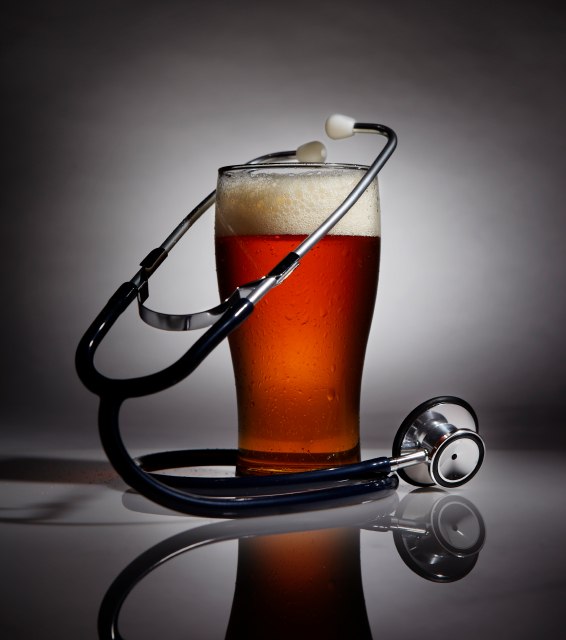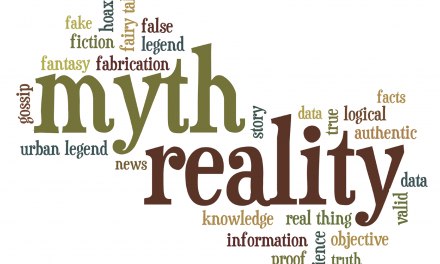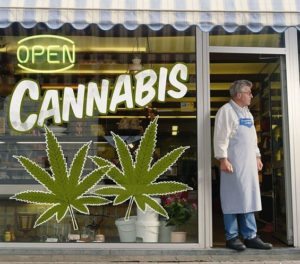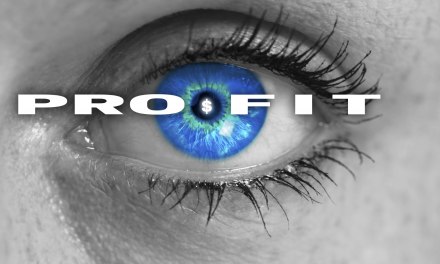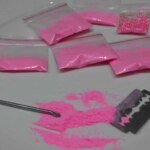When someone insists that addiction isn’t a disease, it’s ordinarily because it doesn’t fit their mental picture of what a disease “should” be. That picture is inaccurate, so it quickly becomes the equivalent of a straw man, set up to be torn down so someone can claim victory for the opposition.
Some examples from recent conversations:
It can’t be a disease because we can’t prove what causes it. But there’s no need to identify the cause to call something a disease. It’s common for the cause of a disease to remain unknown for a long time. That’s particularly true for brain disorders, given that the brain is so extraordinarily complex and we have relatively few tools for investigation. After all, alcoholism has been around for nine or ten thousand years, but most of what science understands of brain function is less than eighty years old.
Drinking is a choice. People choose to drink, but they don’t choose to get cancer. Here the error lies in mistaking the choice to drink– something done on a regular basis by hundreds of millions around the world– with the syndrome we call alcoholism. Only about one in ten drinkers become alcoholic. The disease model is a way of explaining why every drinker does not.
Calling something a disease lets the addict off the hook. Funny, when I learned I was diabetic, I faced a whole new world of responsibility for managing my health. Once a drinker realizes he has a disease, he’s obligated to do something to treat it. Even if he doesn’t stop, there’s likely to be a real change in his attitude. As some have observed: “It takes a lot of the pleasure out of drinking.”
Calling addiction a disease was a way of transferring the responsibility for care of the addict to medicine and away from the realm of criminal justice and religion. That makes sense, since the hospitals and clinics were already packed with alcoholics and addicts.
But America still hasn’t made up its mind on the issue, so the jails are still full, too.

